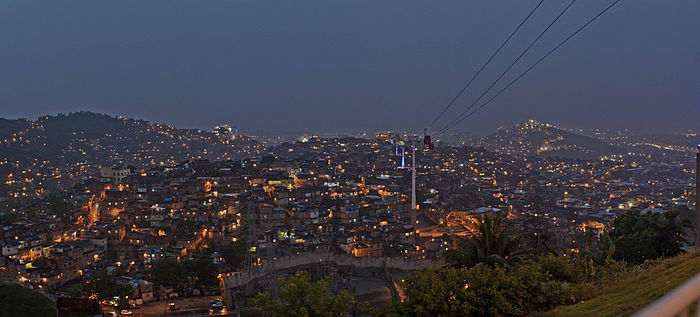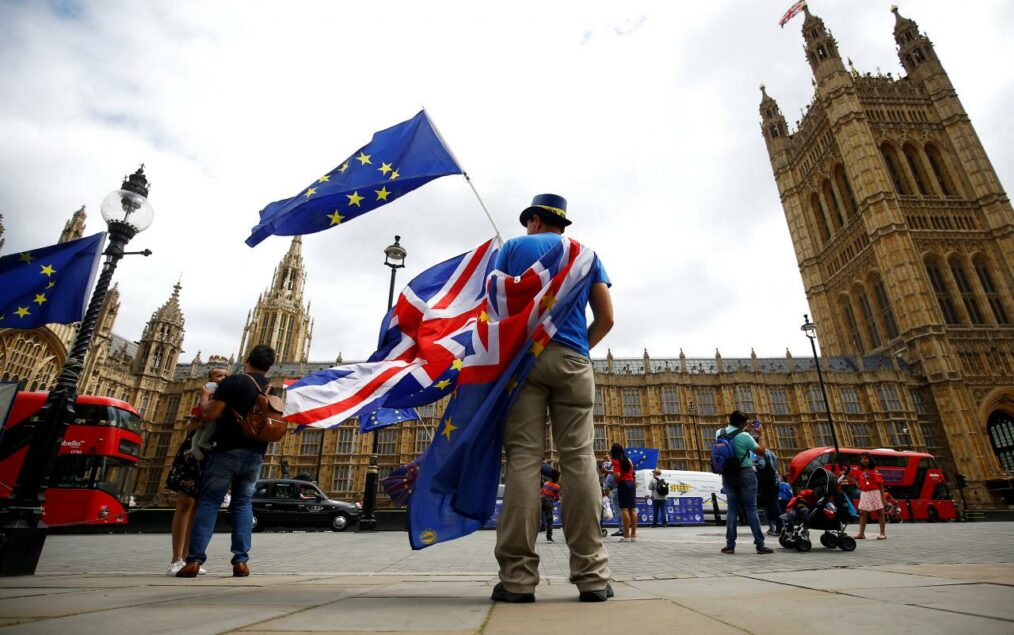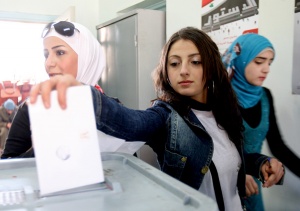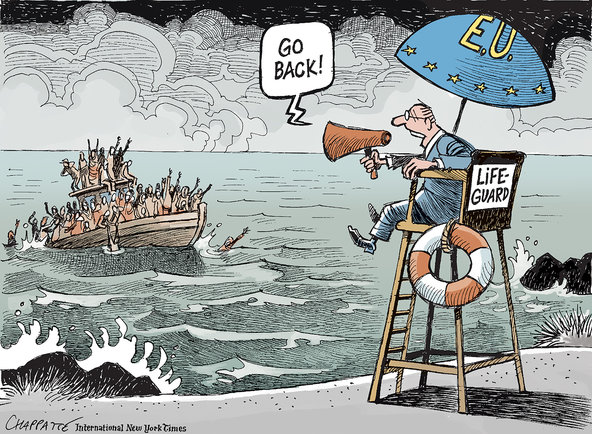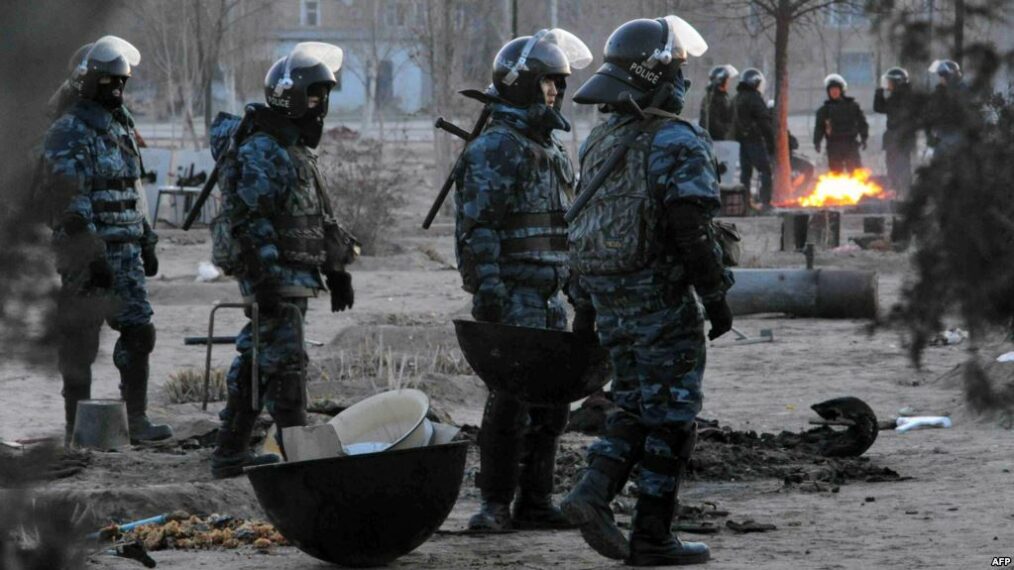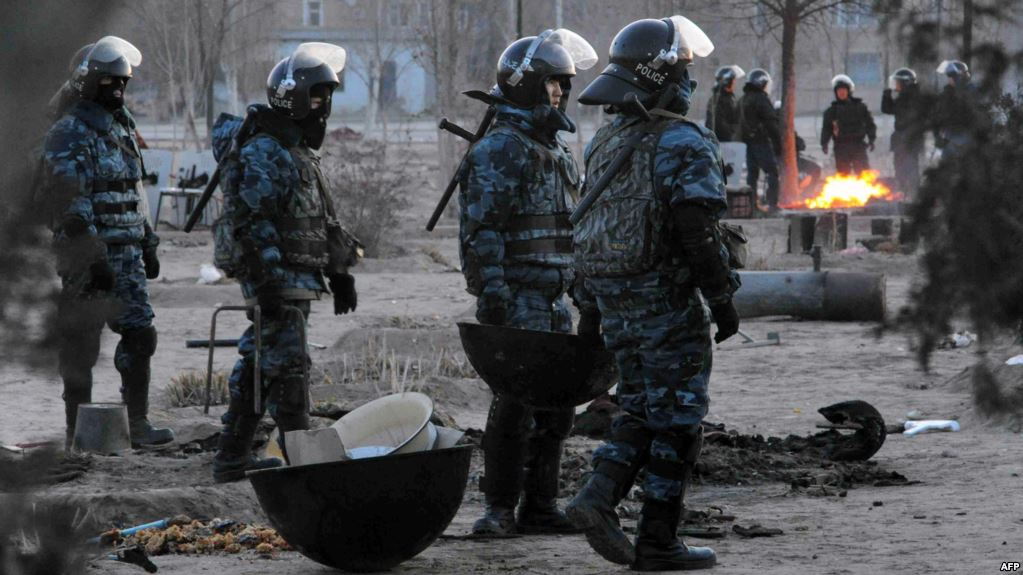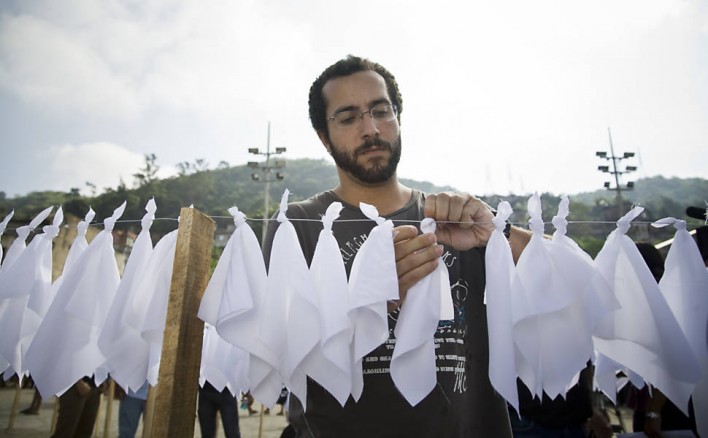
O filho de Tim Lopes, Bruno Quintela, com a avó e mãe do jornalista, dona Maria do Carmo Leia mais<\/a>
The media alerts us to human rights violations and wars between the oppressed and their oppressors. An under-reported story, however, is how journalists, photographers, and radiographers put their lives on the line to tell us the stories that must be told.
Many of them die in the process of doing so: Robert Capa, a Hungarian war photographer, took some of the best-known photographs of World War II. Capa shot the D-Day landing at Normandy. He died when he stepped on a landmine in the Vietnam War. Paraguayan journalist Candido Figueredo has covered his country’s criminal organizations for years. Figueredo has received numerous, credible death threats and has lived under government protection for 13 years.
Tim Lopes was a Brazilian journalist who was killed while covering drug traffickers. Arcanjo Antonino Lopes do Nascimento, aka Tim Lopes, was born in November 1950 in Pelotas, in the Brazilian state of Rio Grande do Sul. When he was eight years old, his family moved to the Mangueira favela in Rio de Janeiro.
Lopes had a humble upbringing. However, that did not stop him from studying journalism at the Faculdade Helio Alonso (FACHA). He won the coveted Premio Abril de Journalismo award twice early in his career in 1985 and 1986.
Lopes was an investigative journalist who preferred to do fieldwork on the street over sitting in an air-conditioned office. In pieces like the newspaper O Dia’s Funk: Sound, Joy, and Terror, Lopes openly criticized the drug traffickers in Rio’s Favela. However, he also went after those he saw in the municipal government ceding control to the criminals.
In 1995, Lopes joined Rede Globo, Brazil’s largest broadcaster, and began a career in broadcast journalism. Lopes kept his focus on fieldwork, specifically on the impact of those who grew up in the favelas as he did. He excelled at the network and within a year Lopes was a producer. Lopes and his team were awarded the Premio Esso, which is the Brazilian equivalent to a Pulitzer Prize. This was for a 2001 piece on drug traffickers. Lopes exposed traffickers openly selling cocaine in Rio de Janeiro’s streets. His work often included hidden cameras and disguises.
In June of 2002, Lopes left his middle-class apartment in Copacabana and stopped at the Rede Globo office. He continued to the Vila Cruzeiro favela to work on a piece about prostitution amongst minors. The local population had pleaded for Lopes to write such an expose. Lopes was filming when traffickers who had spotted his hidden camera approached and beat him. They kidnapped him, taking him to the Morro do Alemao, another favela where he had made enemies throughout his career.
There, he was tortured and condemned by a trafficker’s court. After being dismembered alive, Lopes was executed by being put inside car tires that were then set on fire, a method known as the microwave. The police listed the 51-year-old journalist as disappeared until an anonymous tip led police to a secret grave. There, a piece of Lopes’ rib was found, along with his wristwatch, crucifix, and camera.
Lopes left behind his wife Alessandra and their sons Diogo and Bruno. He also left behind many grieving coworkers and friends. Lopes received a proper send-off during Rede Globo’s Jornal Nacional, Brazil’s most popular news broadcast. Ending the show in silence was the habit when covering gristly developments. But anchor and chief-editor William Bonner led the newsroom in a standing ovation for Lopes and his work. To the last, they prevented the drug traffickers’ violence from having the last word. They proclaimed that journalists’ work would continue.
Tim Lopes’ life and legacy reflect his work. In life and in death he brought attention to the crimes and brutality of drug traffickers and government inaction. In the arduous work of improving the security of a city like Rio de Janeiro, his journalism led to action against drug traffickers. Lopes became nationally known after his death and a national conversation ensued. Lopes’ name is alive in the Newseum, in Washington D.C. There, he is commemorated among too many other journalists like him who were murdered in pursuit of career and moral commitment. In 2012 President Rousseff posthumously awarded Lopes the Premio Direitos Humanos, Brazil’s highest human rights prize. His death was an indictment of the favelas’ brutal realities – a testament to the terror that reigned there.
His life, however, proved no matter how humble one’s origins, no one has to join the criminals. In fact, one’s living could be made fighting them. Tim Lopes’ was a vital contribution to Brazilian society. His fight against drug traffickers led to better living conditions. Though our eyes may tear up, let’s not linger in the sadness following deaths like his. Let us, too, follow Bonner’s lead and give a standing ovation. We thank them for their vitally necessary work, their positive impact on society, and their inspiration for others to follow their path. That is how we make better and more peaceful societies and as a result, Lopes and his colleagues smile in Heaven for the survival of their work and legacy.


